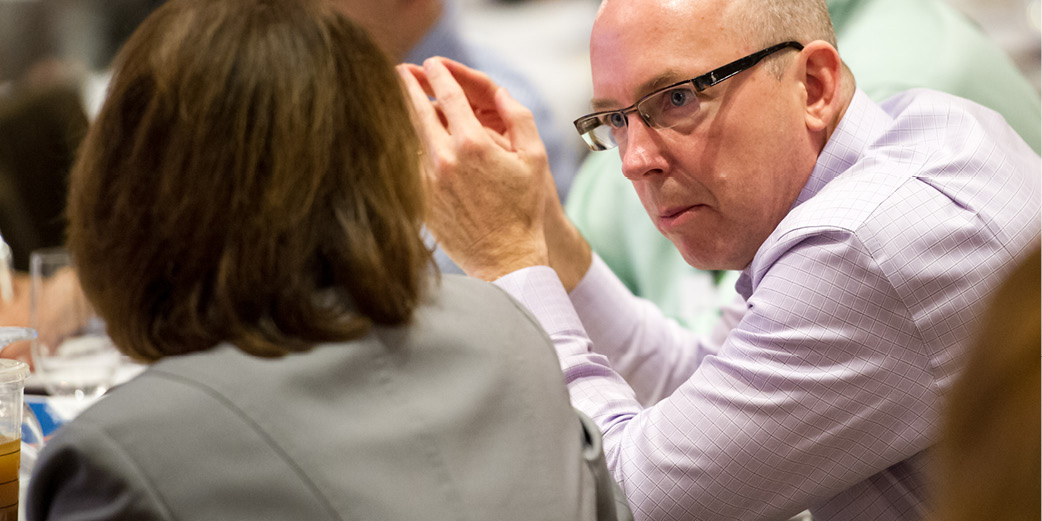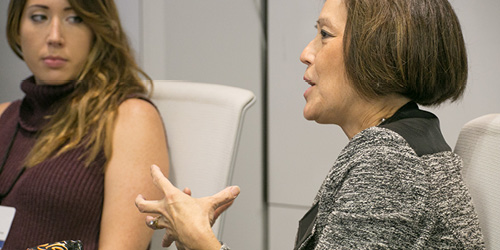most customers don't just like self-service—surprisingly often, we go out of our way to self-serve. How customers want to be served, and how they want to engage with companies, has changed considerably in the past decade.
The problem is that most service strategies haven't followed suit, and this is hurting companies not just once but twice, through increased operating costs and decreased customer loyalty.
- See more at: http://tcbreview.com/fall-2013/why-your-customers-don-t-want-to-talk-to-you.html#sthash.0H3avQPt.dpuf
Most customers don't just like self-service—surprisingly often, we go out of our way to self-serve. How customers want to be served, and how they want to engage with companies, has changed considerably in the past decade. The problem is that most service strategies haven't followed suit, and this is hurting companies not just once but twice, through increased operating costs and decreased customer loyalty. This adaptation from The Effortless Experience: Conquering the New Battleground for Customer Loyalty explores the mismatch between how customers want to be served and how executives think they want to be served.
mismatch between how customers want to be served and how executives think they want to be served is actually masking one of the biggest and most insidious drivers of high customer effort. It's called channel switching—when a customer initially attempts to resolve an issue through self-service only to have to also pick up the phone and call—and it's plaguing the customer experience in a way few service leaders fully understand or appreciate. In fact, channel switching happens in the majority of service interaction—more than most companies would ever imagine. And each time a customer switches channels, it has a significant negative impact on customer loyalty. - See more at: http://tcbreview.com/fall-2013/why-your-customers-don-t-want-to-talk-to-you.html#sthash.0H3avQPt.dpuf
The Effortless Experience: Conquering the New Battleground for Customer Loyalty (Portfolio). ©2013 - See more at: http://tcbreview.com/fall-2013/why-your-customers-don-t-want-to-talk-to-you.html#sthash.0H3avQPt.dpuf
The Effortless Experience: Conquering the New Battleground for Customer Loyalty (Portfolio). ©2013 - See more at: http://tcbreview.com/fall-2013/why-your-customers-don-t-want-to-talk-to-you.html#sthash.0H3avQPt.dpuf
The Effortless Experience: Conquering the New Battleground for Customer Loyalty (Portfolio). ©2013 - See more at: http://tcbreview.com/fall-2013/why-your-customers-don-t-want-to-talk-to-you.html#sthash.0H3avQPt.dpuf
The Effortless Experience: Conquering the New Battleground for Customer Loyalty (Portfolio). ©2013 - See more at: http://tcbreview.com/fall-2013/why-your-customers-don-t-want-to-talk-to-you.html#sthash.0H3avQPt.dpuf









.png)
.png)
.png)




